

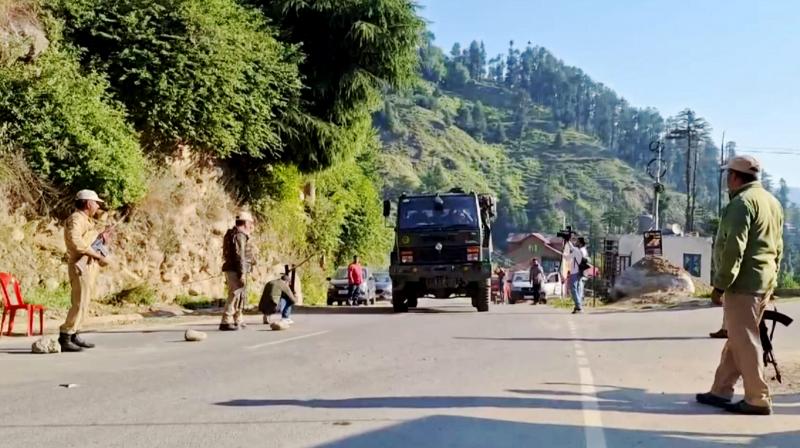
One terrorist has been killed in an encounter with security forces in Jammu and Kashmir's Doda district on Wednesday. The encounter took place in the Gandoh area and was confirmed by a top police official. This comes after a series of terror-related incidents in the state, including the killing of two terrorists in Baramulla district earlier this month. Union Home Minister Amit Shah has directed security agencies to work in a mission mode and ensure coordinated responses. Prime Minister Narendra Modi also recently chaired a high-level meeting to assess the current security landscape in the region.
Doda Encounter: Terrorist Killed, Security Forces Continue Crackdown in Kashmir
On Wednesday, a terrorist was killed in an encounter with security forces in Doda district of Jammu and Kashmir. The encounter took place in the Gandoh area, as confirmed by a top police official.
This incident comes amid a series of terror-related incidents in the state, including the killing of two terrorists in Baramulla district earlier this month. The relentless efforts of security forces to combat terrorism in the region have led to several successful encounters.
Background of Terrorism in Jammu and Kashmir
Jammu and Kashmir has been plagued by terrorism for decades, with various militant groups operating in the region. Their primary targets have been civilians, security forces, and government installations.
Recent Crackdown by Security Forces
In response to the persistent threat of terrorism, security forces have intensified operations across Jammu and Kashmir. This has resulted in the killing of several terrorists and the disruption of their networks.
Union and Prime Minister's Directives
Following the Doda encounter, Union Home Minister Amit Shah directed security agencies to work in a mission mode and ensure coordinated responses to counter terrorism. Prime Minister Narendra Modi also recently chaired a high-level meeting to assess the current security landscape in the region.
Top 5 FAQs and Answers
Q1: Who was the terrorist killed in the Doda encounter? A1: The identity of the terrorist killed has not yet been released by security forces.
Q2: What group did the terrorist belong to? A2: No information about the terrorist's affiliation has been disclosed.
Q3: What measures are being taken to combat terrorism in Jammu and Kashmir? A3: Security forces are conducting regular combing operations, patrolling, and intelligence gathering to neutralize terrorist threats.
Q4: How many terrorists have been killed in encounters this year? A4: The exact number of terrorists killed in encounters this year is not immediately available.
Q5: What are the challenges faced by security forces in Jammu and Kashmir? A5: Security forces face challenges such as difficult terrain, cross-border infiltration, and support for militants among some locals. However, they remain determined to maintain peace and security in the region.
The Doda encounter is a testament to the ongoing efforts of security forces to combat terrorism in Jammu and Kashmir. The relentless pursuit of terrorists and the disruption of their networks are crucial steps towards ensuring stability and peace in the region.
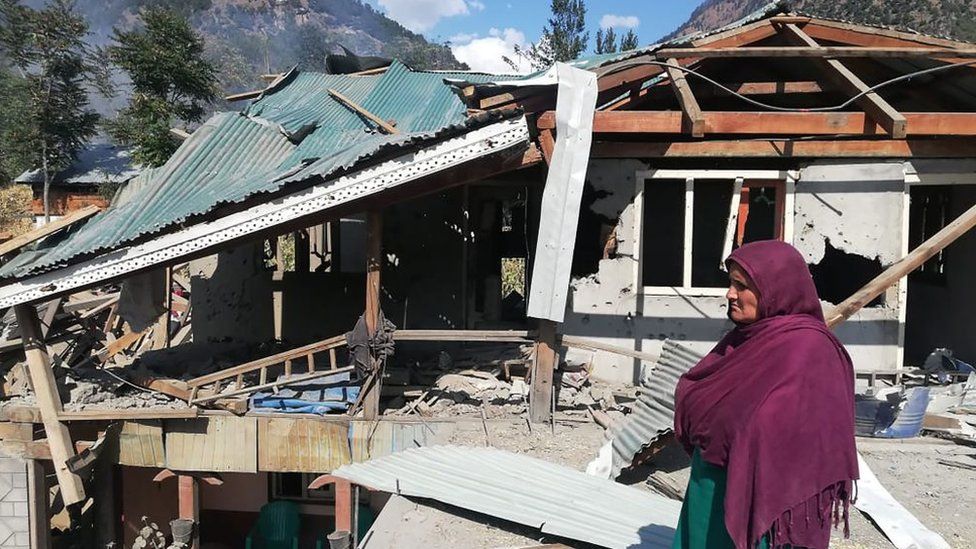
Raj Kumar Thapa, the Additional District Development Commissioner of Rajouri, Jammu and Kashmir, was tragically killed in his own home when a shell from Pakistani forces struck during cross-border shelling. Just a day prior, Thapa had accompanied the Deputy Chief Minister on a district tour and attended an official virtual meeting with the Chief Minister. CM Omar Abdullah expressed his grief on Twitter, and the Indian Army reported continued escalation along the Line of Control with drone strikes and shelling in various areas.
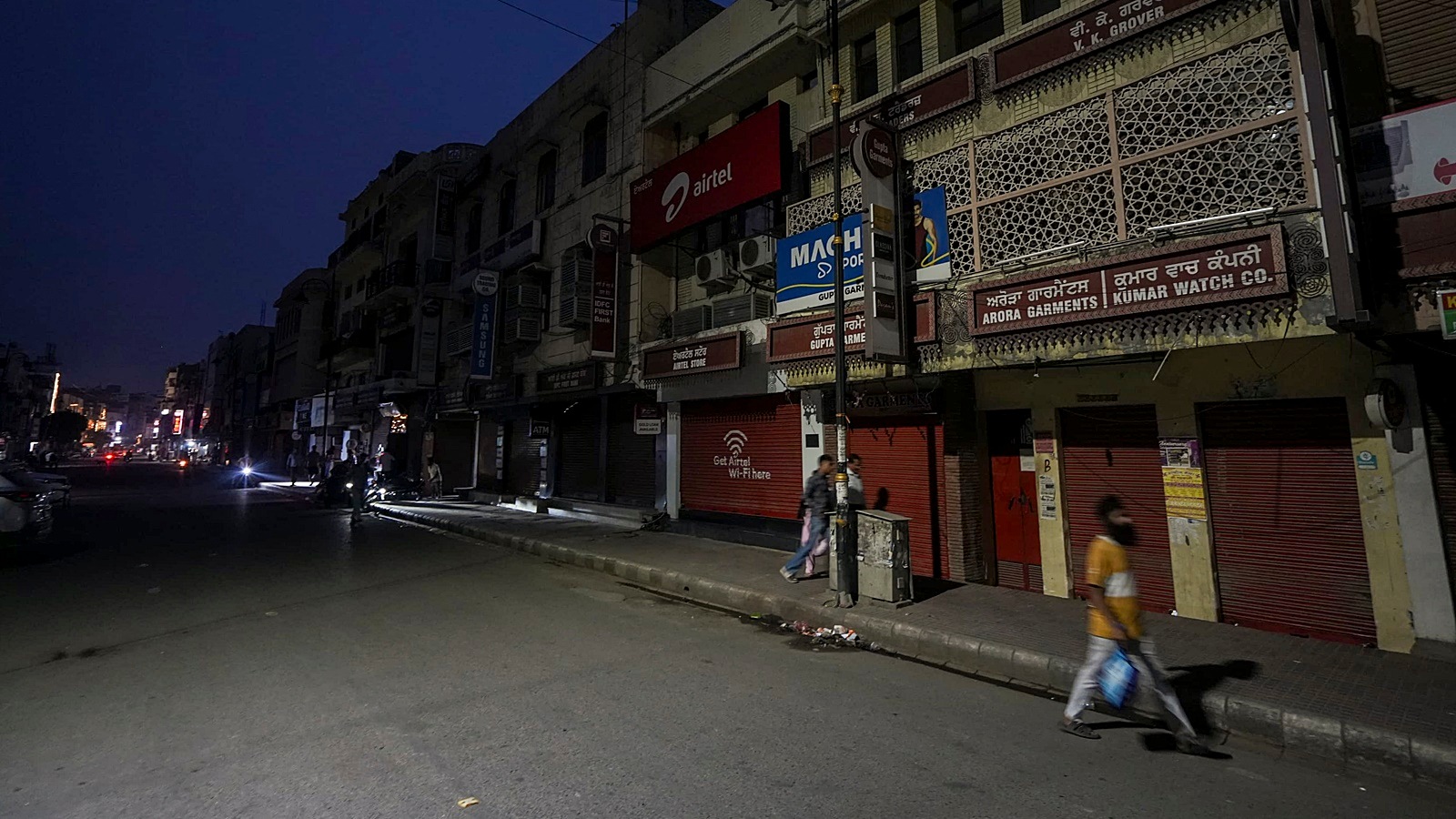
In a brazen attempt, Pakistan made an unsuccessful air strike attempt over Sirsa in Haryana. The remnants of missile-like objects were found near the Air Force station, prompting a quick response from the Indian Air Force and district police. In light of the situation, several districts in Haryana have faced power blackouts and precautionary measures have been put in place, such as postponing exams and reserving hospital beds. This is the first reported incident of drones entering Indian airspace since the May 7 airstrikes.

The ongoing conflict between India and Pakistan has intensified as Indian forces have successfully shot down multiple Pakistani drones and destroyed military posts. This comes in response to Pakistan's attempts to target Indian military installations and civilian air facilities. The Indian Army has reaffirmed its commitment to countering any aggressive acts from Pakistan and keeping the situation under control. Stay updated with all the developments on Operation Sindoor through India TV News.
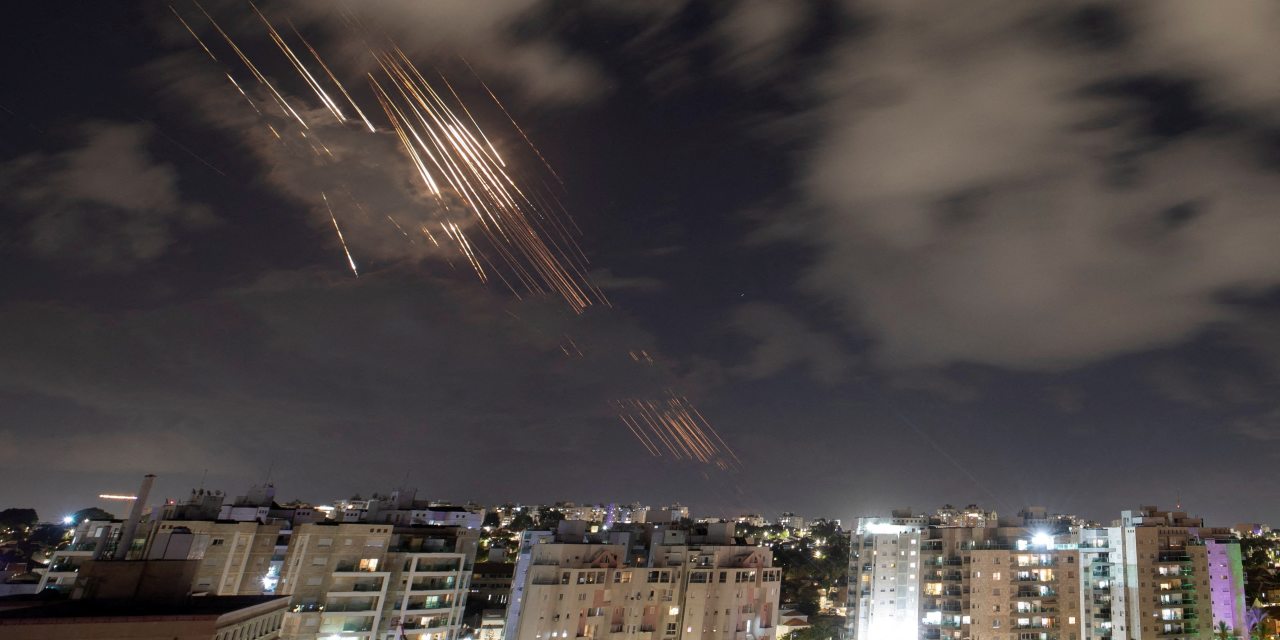
Amid rising tensions between India and Pakistan, three crucial airbases in Pakistan - Nur Khan, Shorkot, and Murid - were reportedly targeted by missile strikes on Saturday. These bases play critical roles in the Pakistan Air Force, handling high-profile missions and supporting various operations. The escalation in hostilities highlights the growing tensions between the two neighboring countries.
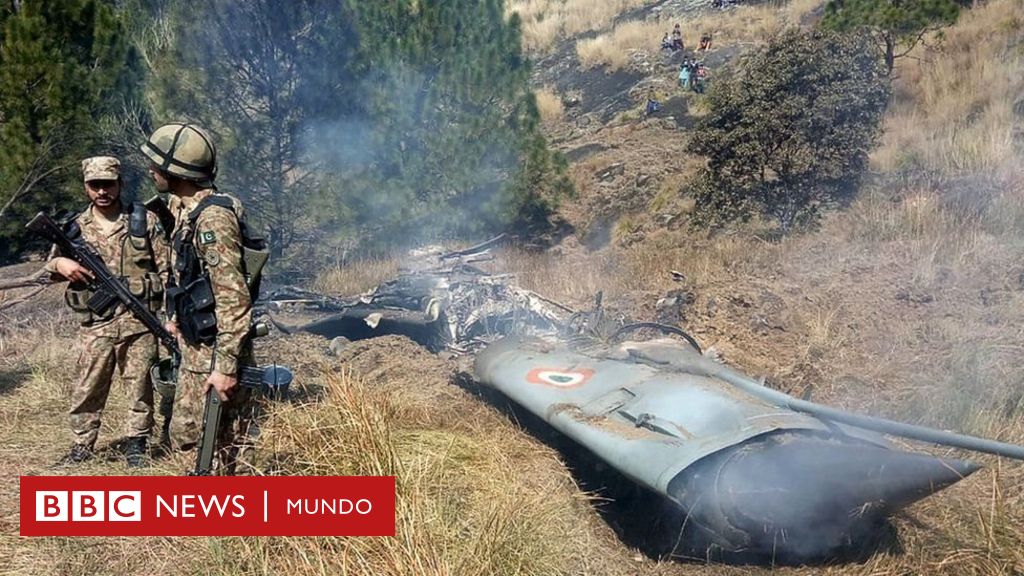
Amid growing tensions between India and Pakistan, the Indian Army allegedly launched a missile strike on Pakistan's Nur Khan Airbase in Rawalpindi. This base, with a rich history and strategic importance, has served as a key node for the Pakistan Air Force's operations and played a crucial role in US military presence in the region. Since its establishment, the base has undergone modernisation and was renamed in honour of Air Marshal Malik Nur Khan, who is credited with modernising the Pakistan Air Force.
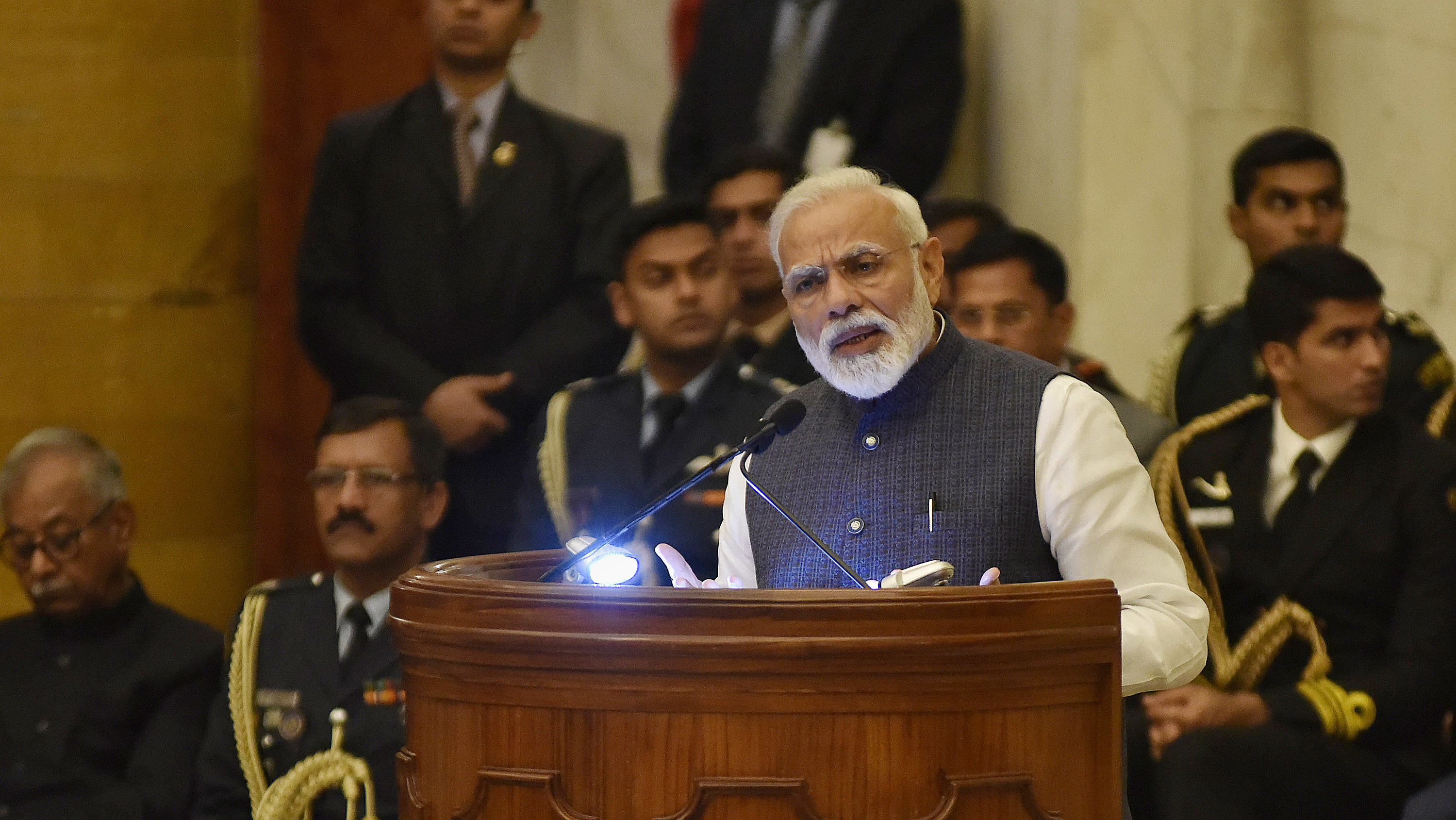
The IMF's upcoming $1.3 billion disbursement to Pakistan has raised concerns about the indirect funding of ations and terror groups. In response, India launched Operation Sindoor, targeting nine terror launchpads in Pakistan and PoK. This operation serves as a warning to the international community that continues to support a state that is involved in exporting terror. The recent attack in Pahalgam, claimed by the LeT-linked Resistance Front, has only reinforced India's belief that IMF bailouts are enabling Pakistan to redirect its resources towards its military-intelligence ecosystem and terror outfits.
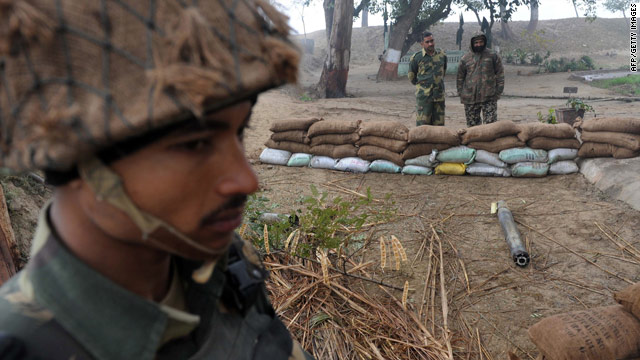
In a latest episode of the ongoing tensions between India and Pakistan, both sides made serious allegations against each other. According to Pakistan, 25 of its drones were shot down by India overnight, while India claims to have neutralized several drones and missiles from Pakistan. The causes of the clash, which resulted in the deaths of 31 people in Pakistan and 16 civilians in India, are disputed by both sides. The region of Kashmir is at the center of this conflict, with both India and Pakistan claiming it in full and experiencing a decades-long insurgency. This border skirmish has escalated tensions even further between the two nuclear-armed neighbors.
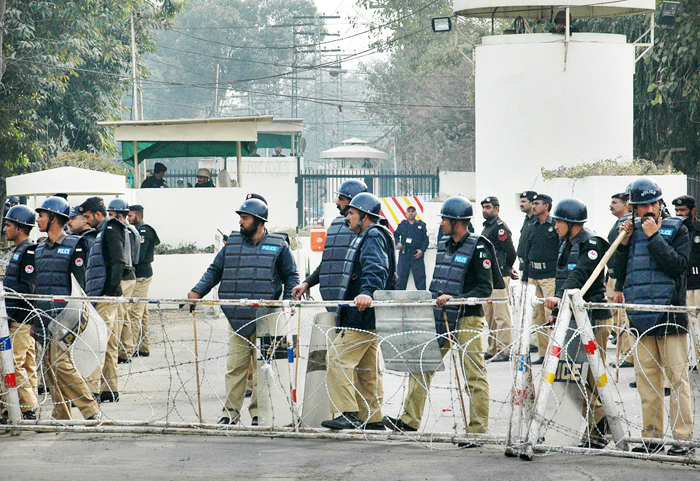
Amid reported drone explosions and downed drones, the US Consulate in Lahore has instructed its personnel to shelter-in-place for safety. Initial reports also suggest that authorities may be evacuating adjacent areas to the Lahore airport. The Consulate has advised American citizens to leave the area while news agency PTI reports that four drones have hit the Lahore cantonment area. In response, Pakistan Army has opened fire and played a siren, causing panic among residents. More updates to follow.
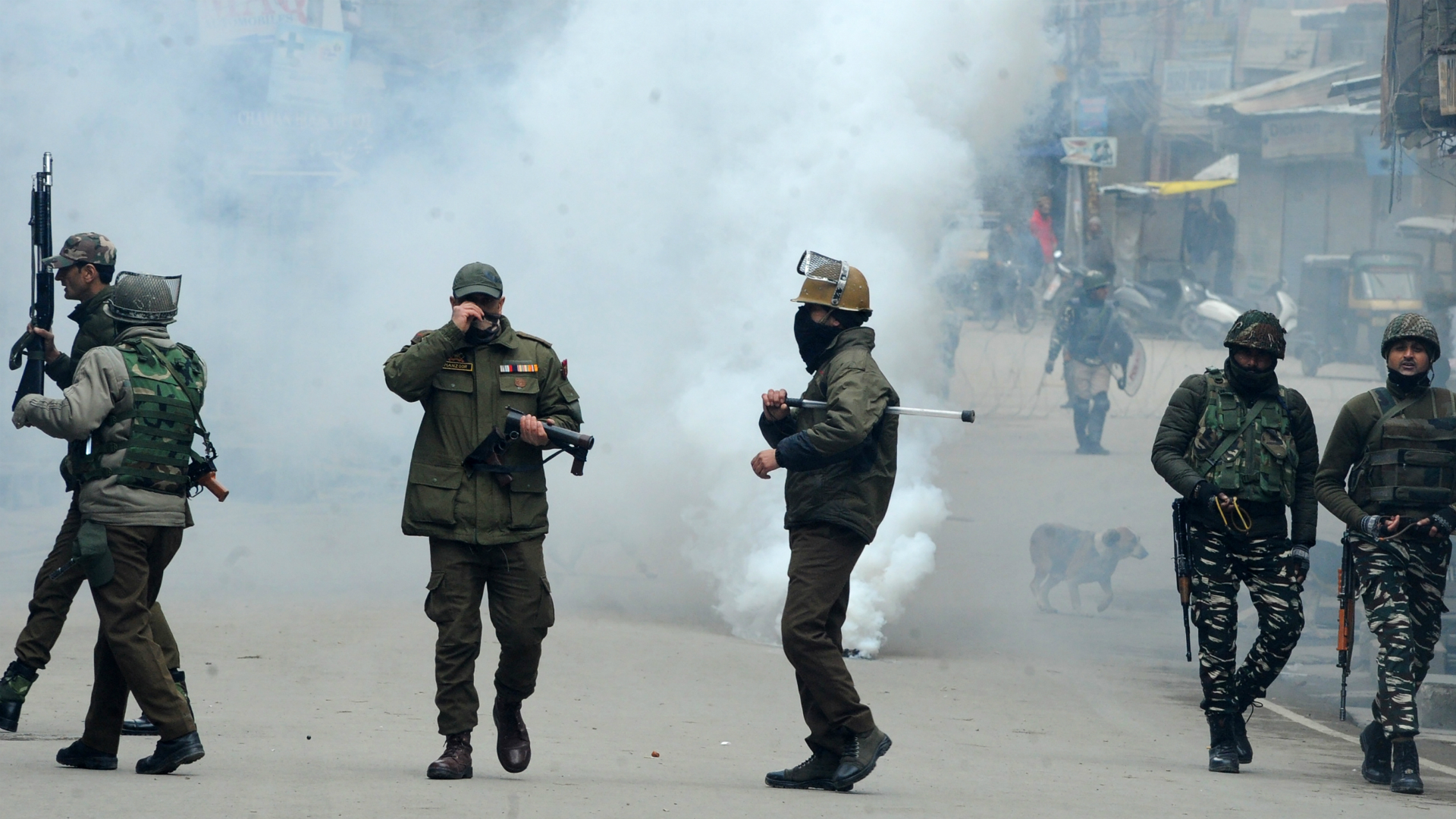
In a major victory for India's armed forces, they successfully targeted and destroyed a critical communication setup of the terror group Jaish-e-Mohammad in Pakistan. The site, located in the Sarjal village, was a vital link for communication between infiltrated terrorists in Jammu and Kashmir and their handlers across the border. The communication equipment, including high-tech LoRA Ultra Sets and Digital Mobile Radios, were supplied by the Pakistani Army and Inter Services Intelligence to bypass traditional networks and evade detection. With this strike, India has disrupted the terrorists' ability to coordinate and plan attacks, enhancing the security of the region.
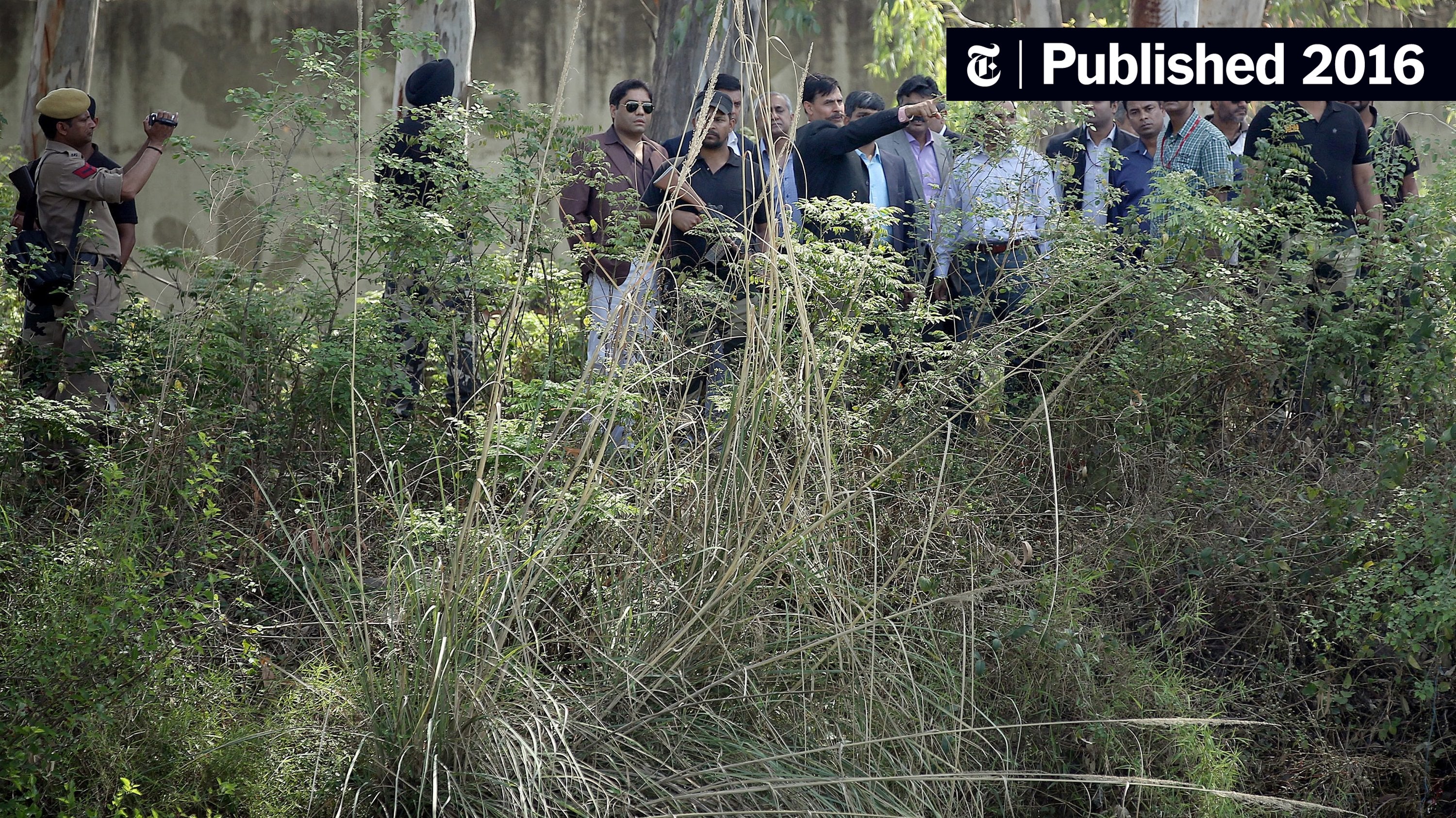
In response to the recent terror attack in Jammu and Kashmir's Pahalgam, the Indian government has taken strict measures to block Pakistani YouTube channels and accounts spreading disinformation and fake news. This includes the Indian YouTube channel '4 PM', which was reporting on the Pahalgam attack, and the X account of Pakistani Defence Minister Khawaja Asif. The move comes after several top news channels in Pakistan were also banned for disseminating provocative and misleading content regarding the attack.